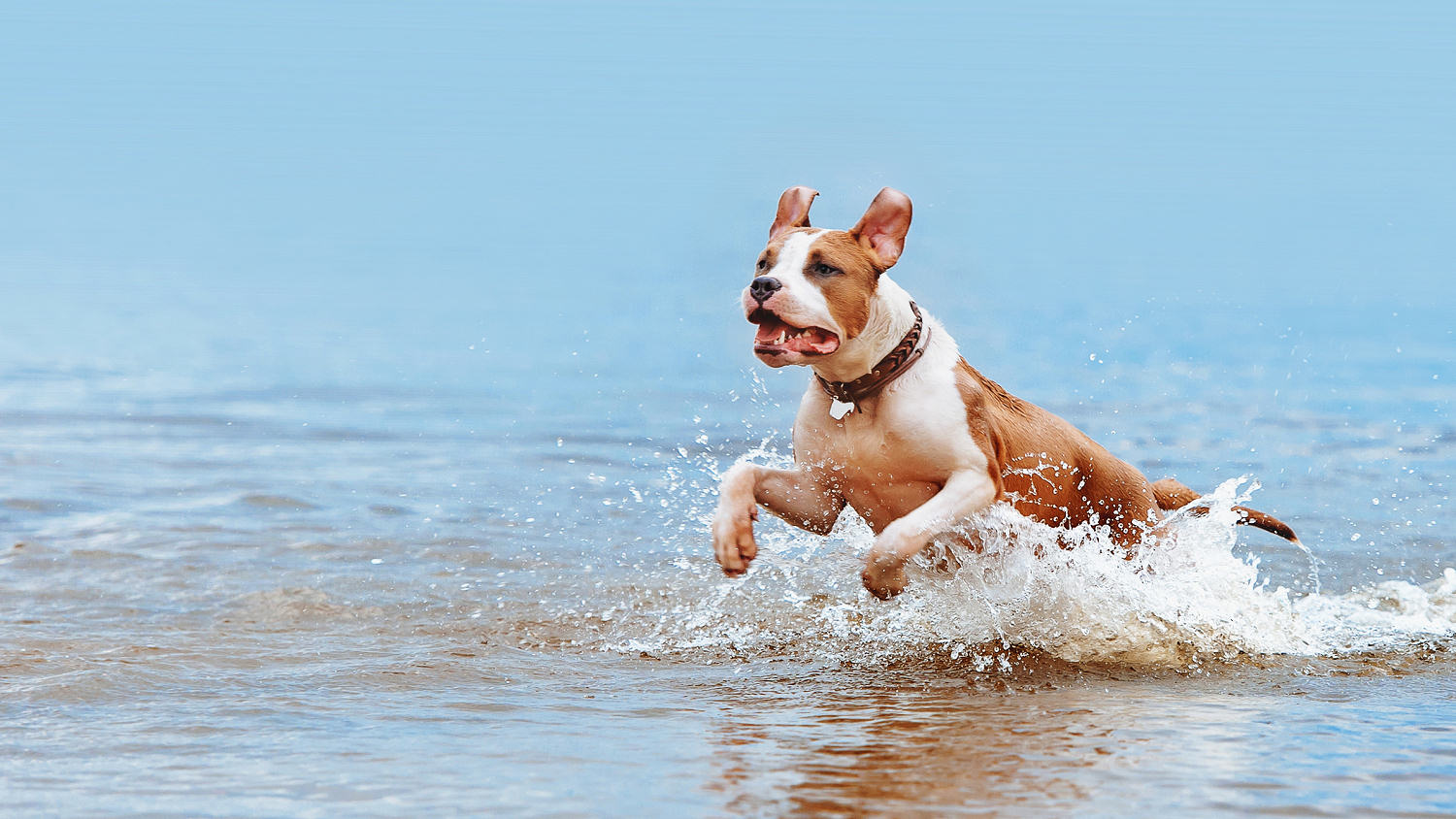A ZEN DOG IS A PREDICTABLE DOG
The following are the most commonly reported behavioural problems, many of which have their roots in canine stress or anxiety. . . signs of which can be found in this list of stress indicators.
Some of these issues can be minimised or completely 'cured' by simply changing your own behaviour (see the Bonus content below)!
Bonus: some behaviours for you to avoid!
Dogs don't do anything because it's 'right' or 'wrong'. . . they just learn (very quickly) to do whatever works.
For example; if you see your dog chewing a chair leg and give him a gravy bone to distract him from the furniture, what you have taught him is that the next time he wants a tasty treat, all he has to do is chomp on the G Plan!
CLICK OR TAP HERE TO CLOSE
COMMON BEHAVIOURAL ISSUES
Once the causes of an issue have been identified, Natalie will show you how to communicate effectively with your pet and help then to change the way that they respond to stressful situations.
The following list illustrates a few of these problem behaviours.
Bonus: view the most frequent expressions of anxiety
BITING
Even if it's just nipping or mouth grabbing during play, biting in any form should be considered unacceptable. If left unsolved, the problem could become serious. . . especially if it involves a person other than the owner, and could result in the seizure, or even destruction, of your pet!
PULLING ON THE LEAD
No matter what the breed, allowing your dog to pull on the lead is mentally unhealthy and can lead to a range of other problems. The importance of walking is so great, all training sessions will incorporate at least a few minutes of this exercise because, if you get the walk right a lot of other behavioural aspects will fall into place.
JUMPING UP
Although a dog jumping up can appear 'cute' and even 'flattering' (they are actually trying to reach the face in order to express affection!), this action can cause distress, especially to non-dog owners. . . and even the smallest of dogs can have muddy paws! :o)
DISPLAYS OF AGGRESSION
Aggression in dogs can manifest itself in many quite subtle and surprising ways. . . some of which may lead to serious consequences for both you and your dog. A dog should never display any kind of aggression, even in the name of being 'protective', and correcting this behaviour MUST be considered a priority.
EXCESSING BARKING OR WHINING
Although one of the most common behavioural issues that Zen is called upon to 'cure', many dog owners accept barking because they think that it's a dog's way of communicating. However, in the canine world, a balanced pack of dogs communicate with one another using far more subtle means!
The only time a dog should bark is if they perceive a threat, which is why the cause of excessive vocalisation is often to be found in dogs experiencing anxiety or stress.
BEGGING
This is a bad habit that is easy to prevent, but more difficult to correct. Because it occurs predominantly at family meal times (rarely during a training session!) it requires the human owner to consistently apply the techniques of leadership and effective communication that Zen will teach.
CHEWING
Whilst all dogs need to chew for their dental health, Natalie will show you how to redirect this primal urge away from your family's furniture, shoes or other belongings. . . without resorting to treat bribery!
DIGGING
Digging is a natural canine instinct, which is especially strong in some breeds and can't be simply stopped on command!
All is not lost however! :o) Zen dogs will give you the training tools so that you can subtley direct this behaviour to be expressed in a far less destructive way.
STEALING
Apart from the obvious motivation to steal food left unattended, dogs will often target their owner's shoes, socks and underwear. . . items that carry a strong scent. Fortunately, stealing is a fairly easy problem to solve, because dogs can't steal what they can't reach!
SUBMISSIVE URINATION
This term describes the tendency of a dog to adopt a submissive pose and involuntarily wet themselves, particularly when you return home, when they are 'scolded' or exposed to other stressful situations.
COPROPHAGIA (POOP EATING!)
The noxious nature of this particular behaviour can cause disproportionate distress to owners, but Coprophagia is far more common than you might imagine and is most often a response to a dietary or nutritional deficiency.
CLICK OR TAP HERE TO CLOSE
SEPARATION ANXIETY
This is such a regularly reported issue, it deserves a section all of its own.
The term 'Separation Anxiety' (or, more correctly, Separation Related Behaviours ) refers to dogs who act in a distressed way when left alone. . . becoming destructive, barking and crying uncontrollably or exhibiting other stress behaviours. Separation Anxiety is especially common in modern households where all human members of the family may be absent for extended periods of time.

